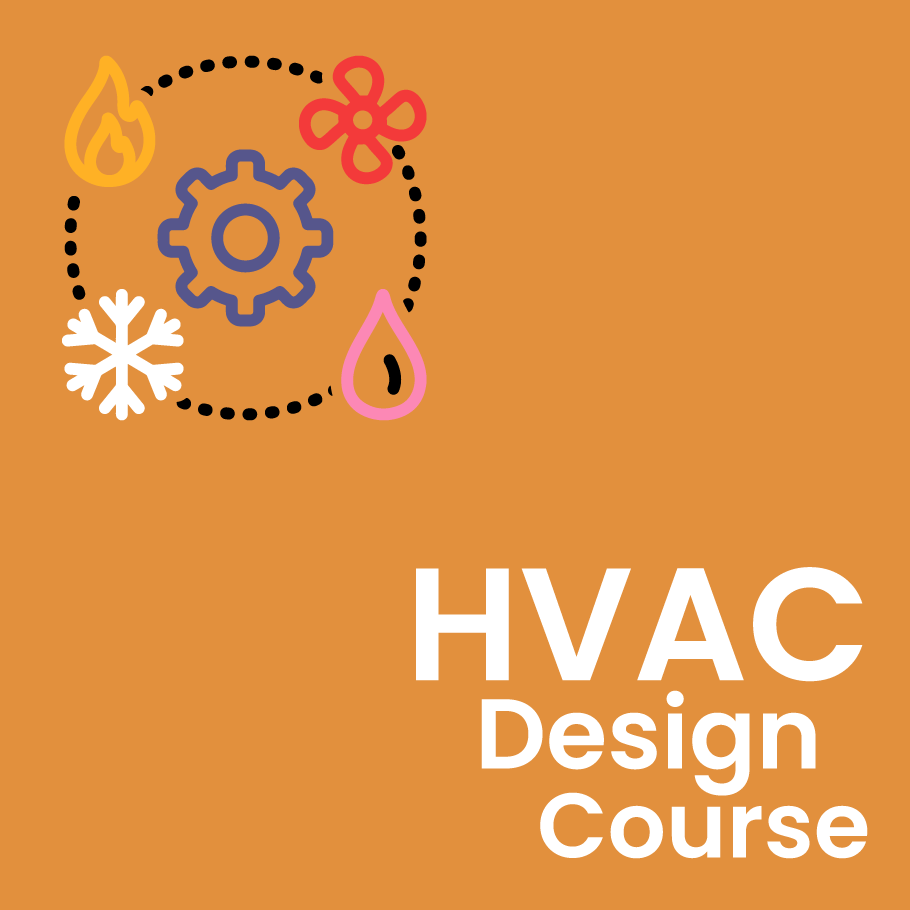Are you interested in mastering the art of HVAC design and making a mark in the thriving field of heating, ventilation, and air conditioning? Look no further! Our comprehensive HVAC Course in Dubai is designed to equip you with the knowledge and skills needed to excel in this industry.
At IIPD Global, we understand the importance of a well-designed HVAC system in maintaining optimal indoor air quality and thermal comfort. Our course is carefully curated by industry experts with years of experience, ensuring that you receive the highest quality education and practical training.
Compliance with Building Codes:
HVAC systems are a significant part of any building's design and must comply with building codes and standards. By taking an HVAC Design Course, engineers and technicians will learn about the latest building codes and regulations and how to design HVAC systems that comply with these standards. This knowledge will help ensure that HVAC systems are safe, efficient, and sustainable.
Energy Efficiency:
HVAC systems consume considerable energy and contribute significantly to a building's energy consumption. By taking an HVAC Design Course, engineers and technicians will learn about energy-efficient HVAC system design and optimizing HVAC systems to reduce energy consumption. This knowledge will help reduce energy costs and minimize a building's carbon footprint.
Understanding of HVAC Equipment:
HVAC systems comprise different types of equipment, including boilers, chillers, air handling units, and pumps. An HVAC Design Course teaches learners about the different types of equipment, their functions, and how to select and size the appropriate equipment for specific applications. This knowledge is crucial in designing HVAC systems that are efficient and effective.
Cost-Effective Design:
HVAC systems designed to be cost-effective will save the client a lot of money, which is essential in today's competitive business environment. By taking an HVAC Design Course, engineers and technicians will learn how to design cost-effective HVAC systems without compromising quality.
Career Advancement:
Training in an HVAC Design Course can help mechanical engineers, HVAC engineers, technicians, and managers advance their careers. This training will increase their skillset and make them more valuable to their employers, leading to promotions, salary increases, and more job opportunities.
In summary, training in an HVAC Design Course is crucial for anyone working in the HVAC industry. It provides learners with the knowledge and skills necessary to design HVAC systems that are safe, efficient, sustainable, and comply with building codes and standards.
Softwares - Carrier HAP 4.9/5.0, McQay pipe sizer, McQuay Duct Sizer, ASHRAE Duct Fitting Database.
Course Outline
Enroll now at IIPD Global and take the first step towards a successful career in HVAC design. Together, we will pave the way for a comfortable and sustainable future!, Check out below course outline.
BASICS OF HVAC SYSTEM
- Scope of the HVAC Industry with Overview of Consulting & Construction Industry
- Concepts of Air conditioning systems
- Principles of Air Conditioning Systems
- Refrigerant cycle
- Window Air Conditioning
- Split Air Conditioning
- VRV - Air Conditioning
- VRV PROJECT DESIGN, ESTIMATION, BOQ
- Central Air Conditioning system
Psychometric
- Psychometric chart
- properties of air
Heat Load Estimation
- Basics of Heat Transfer in a building envelop
- understanding of Outdoor & Indoor conditions
- Heat Gain Through Glass
- Heat Gain Through Wall
- Heat Gain Through Partition
- Heat Gain Through Roof/Ceiling
- Heat Gain Through Infiltration
- Heat Gain Through Ventilation
- Heat Gain Through People
- Heat Gain Through Kitchen Appliances / Electrical
Design of Air Distribution System
- Components of Air distribution system
- Dampers
- Types of Diffusers
- Grills
- Duct size calculation manual & using software
- Heat Load Calculation Manual & E20 calculation Excel software
- HAP Software (software shall be provided to students)
- U –Value selection
- Sample HAP calculations
Duct Design
- Types of Ducts, Ducts Fittings
- Duct designing - Equal friction method and Equal Velocity Method.
- Duct Aspect ratio and duct sizing
- Duct Materials selection and gauges selection
- McQuay duct sizer software
- Sample duct designing
Design of Water Distribution System
- Chilled Water system pipe designing
- Chilled water and Hot water GPM calculation
- District cooling system
- Friction loss calculation for the piping system
- Friction loss in straight pipes
- Friction loss in Fittings
- Valves used in the chilled water system
- Calculating TDH for pump (open piping system and closed piping system)
Enroll now at IIPD Global and take the first step towards a successful career in HVAC design. Together, we will pave the way for a comfortable and sustainable future!
Contact us today to learn more about our course schedule, fees, and enrollment process. Don't miss out on this opportunity to become a proficient HVAC design professional in Dubai.







